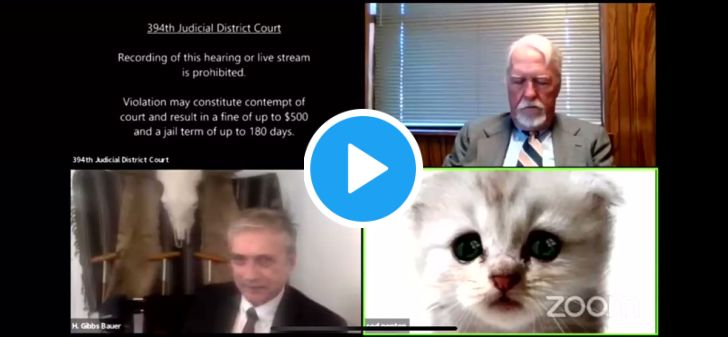How Black Communities Shaped the Internet
Issue #208: Clubhouse cracked China's censorship, TikTok's new licensing deal, and more.
HOW BLACK COMMUNITIES SHAPED THE INTERNET
An interview with Charlton McIlwain, author of Black Software
Quote:
I think a lot of it really, for me, comes back to this sense of value, right? I still don’t think that the platforms have figured out a way to say, “We recognize and identify the ways in which Black culture production is a unique added value to the platforms and how they work.” And Black Twitter could be one of those examples, and has not planned for it in a way that makes it a part of the business structure, and a business structure that then puts a monetary value, in some ways, on that, and then says, here’s a way that we’re going to take that monetary value and return it to those who have produced this value in some way.
Commentary:
This is a fascinating interview. So much of Black culture shapes broader internet culture. It is helpful to read an author talking about that.
ON THE POD
Social Media Managers and Mental Health
Fast Company recently profiled social media managers and the stressors they face. We also discuss our strangest social media posting moments.
HITTING THE LINKS
Link #1: The Great Firewall Cracked, Briefly. A People Shined Through.
The more and more I become aware of the human rights issues that poison China, the more concerned I become with China’s impending dominance on the world cultural stage. This is a column on how China’s censorship efforts briefly failed with a new app and the conversations that resulted.
For years, the Chinese government has prevented its 1.4 billion people from speaking freely online. A digital wall separated them from the rest of the world.
Then, for a precious few days, that wall was breached.
Clubhouse, a new social media app that emerged faster than the censors could block it, became a place for Mandarin Chinese speakers from the mainland and anywhere else to speak their minds. They had a lot to say.
Link #2: Note to Reporters: If Surveillance Data Shouldn’t Exist, Then Don’t Use It
Super helpful take on the story from the NYT last week in which they reported on a bunch of cell phone data that really exemplified the surveillance state in which we live. I didn’t consider this perspective, and it’s a good one.
If you want to teach kids not to play with fireworks, try not to put on a fireworks show as part of the lesson. You don’t warn people that something’s dangerous by showing them just how fun it can be.
That lesson is lost on the New York Times, which last week published an opinion piece by Charlie Warzel and Stuart A. Thompson highlighting the dangers of smartphone location data by mapping the movements of rioters at the Capitol on January 6. (OneZero recommended the story in a short post on Friday.) The journalists obtained a leaked dataset of location pings and used it to map the movements of insurrectionists from a Trump rally to the halls of Congress — in one case, they identified an individual by name, publishing his social media information and other details.
Link #3: TikTok Announces New Licensing Arrangement with Universal Music Group
Despite TikTok essentially being free marketing and a machine it make songs explode, music companies are going to make sure to get paid up front!
TikTok has today announced a new deal with Universal Music Group which will give TikTok users access to more licensed music, and strengthen ties between the app and the music industry,
As explained by TikTok:
"With this agreement, which covers recorded music from artists at UMG’s labels and songwriters with Universal Music Publishing Group (UMPG), TikTok users will be more empowered than ever to express themselves through music, soundtrack their video creations with songs about which they are passionate and build communities around artists and music-centered culture. TikTok users will now be able to incorporate clips from UMG’s full catalog of music, spanning the company’s iconic labels, songwriters and global territories."
THE FUNNY PART
If you like this, you should subscribe to my free newsletter of funny content I find online. It’s called The Funnies. It delivers on Saturday mornings.
You can subscribe to The Funnies here. (It is and will always be free.)





